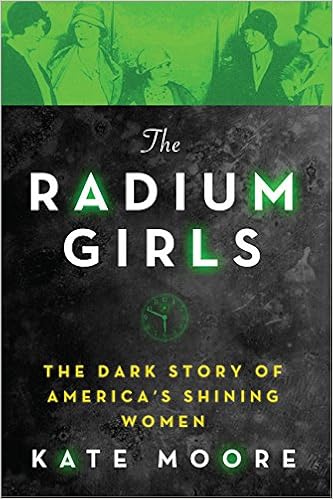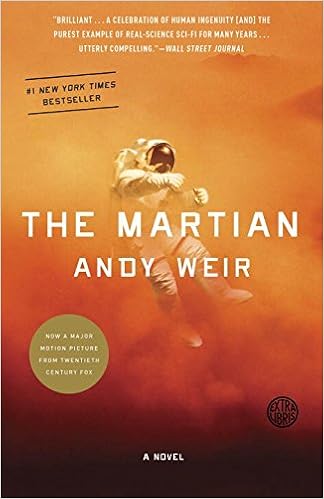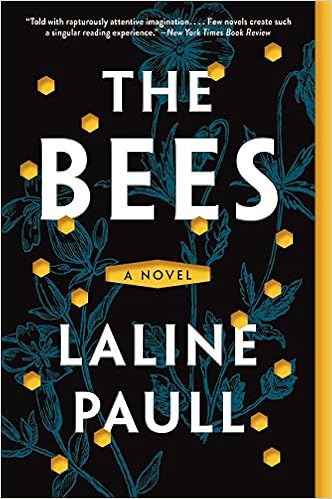Some people have been asking me what I've read so far this year
Especially as we approach holiday book season!
Unfortunately, given that much of my reading has been through the library app and $1-$2 book deals on the Amazon Kindle app, I can't say that I have a lot of "new" books to recommend, but I will share some of the older books that I've gotten around to with a brief rating/recommendation--in reverse order, starting with the latest books I've read.The Song of Achilles by Madeline Miller
The story of Achilles and the Trojan War from Patroclus' point of view. I was definitely intrigued by the love story between the two--which created its own set of problems--and the way that "men" were shown with all their flaws, even as the gods who participated in the story were just as flawed. This book does not shy away from sex (nor is it particularly graphic), but I could see this being an issue for people who wanted to include this with a study of The Odyssey. However, for those who like Greek gods and heroes, this story is an interesting take on how the world might have looked to the Greeks (if, in fact, they did meet with Gods and Goddesses).
Uprooted by Naomi Novik
This was one of those books I got because both the e-book and audiobook were available at the same time (and the author of Wicked wrote a favorable blurb), so I could listen in the car (or while washing the dishes) and then switch back to the e-book version to continue quietly.
Note: the audiobook was TERRIBLE! The reader sounded like she was a robot with an Eastern European accent, except when she read the parts of possessed people--and when I heard the animation in her voice, I kind of wanted everyone to be possessed from that point onward.
Anyway, I didn't realize this was a fantasy book at first, but much as I tend not to like fantasy fiction, I liked this story. It was kind of a coming of age tale/adventure, complete with all the heroic archetypes (mentor, elixir, slaying the beast, etc.). The best part of this was the nature of "the Wood," the everywhere and nowhere villain of the story.
We Should all be Feminists by Chimamanda Ngozi Adichie
This was more of an essay than a book, but it was powerful. It is also a TED talk! (This is the same MacArthur genius grant winner who has the famous "The Danger of a Single Story" TED talk...I shall be looking for more of her writing!)
The Hundred Lies of Lizzie Lovett by Chelsea Sedoti
I read this as part of the Big Library Read program (and because of this, the ebook and audiobook were available at the same time). It is a part mystery, young adult book, but it still worked for me (maybe because I teach young adults). The audiobook was AMAZING! The reader really embodied Hawthorn, the female protagonist, and I appreciated the voice she gave to the supporting characters. I also appreciated the author's use of symbolism and voice, and the way she didn't shy away from real issues faced by teenagers. I also liked that I didn't always like the main character, who was realistically selfish and somewhat understandably critical of everyone--who were, after all, contributing to her miserable state as an outcast.
Auschwitz: A Doctor's Eyewitness Account by Dr. Miklos Nyiszli
This book has been around for a long time (and it's pretty short), but I learned some new information about Dr. Mengele from this, as well as how the Sonderkommando worked. What was most interesting to me was the foreword of the book, which kind of criticizes the men in these units for NOT rebelling against the Nazis sooner. While it kind of offended me, as I read the story itself, I could see how hard the Nazis worked to keep people from rebelling, and how insidious the persecution of the Jews was, slowly stripping them of their humanity and life force until, as the doctor said, many welcomed death. A fascinating survivor account.
The true story of the women who painted radium dials on watches during and after WWI. I was horrified to learn of the "lip point" technique they were encouraged to use, which basically had them eating radioactive paint--and then the systematic denial by the companies that they could be at fault for the health problems (to put it mildly) encountered by the women after the fact. I loved how the author committed to telling the story from the girls' points of view.
The Tipping Point by Malcolm Gladwell
This was the first of my ebook/audiobook experiments, as I found that I would want to keep reading as I shuttled the kids and myself to and from school. After reading (and loving) David and Goliath on audiobook and Outliers in paperback, I wanted something else by this author. This is an interesting look at how "trends" explode, and what makes something "tip" into--or out of--popularity.
David and Goliath by Malcolm Gladwell
This audiobook explored what makes "the underdog" such an obvious winner. If you want to think about how weakness can become strength and vice versa, its an interesting read. I especially enjoyed the chapter on class size, though I would argue that in some classes with special needs, 20+ students is too many!













